20+ Years Experience
Specialist Alcohol Help

Alcohol, also known as ethanol, is a psychoactive substance that is commonly consumed in the form of alcoholic beverages.
While moderate alcohol consumption may have some health benefits, excessive drinking can lead to various negative effects on the body, including detrimental effects on nutrition. Alcohol consumption can affect the body’s ability to absorb and utilise essential nutrients, leading to potential nutrient deficiencies.
It can also have negative effects on digestion, leading to discomfort and other health issues. Therefore, it is essential to focus on proper nutrition and hydration when recovering from the effects of alcohol consumption.
By focusing on proper nutrition and hydration, individuals can support their body’s recovery from the negative effects of alcohol consumption and promote overall health and well-being. It is also essential to seek professional help if alcohol consumption becomes a problem.
Alcohol can affect nutrition due to:
Alcohol depletes essential nutrients like vitamin B12, folic acid, and zinc, hindering their absorption and increasing their excretion.
Alcohol can have various effects on digestion. It can irritate the digestive tract, leading to inflammation and discomfort.
Additionally, alcohol can hinder the absorption of vital nutrients, such as vitamin B12, folate, and zinc, which are essential for digestive health.
Furthermore, excessive alcohol consumption can disrupt the balance of gut bacteria, impacting digestion and overall gastrointestinal function.
The effects of alcohol on digestion have been studied for centuries, with ancient civilizations recognising its impact on gastrointestinal well-being. For instance, in ancient Greece, Hippocrates documented the adverse effects of excessive wine consumption on digestion and overall health.
When recovering from alcohol use, it is important to nourish your body with the right foods to aid in the healing process. In this section, we will discuss the best foods to eat for alcohol recovery.
These foods have specific properties that can help restore and repair the body, replenish essential nutrients, and support overall well-being. From antioxidant-rich fruits and vegetables to protein-packed foods, we will cover the top choices for a healthy and effective recovery.
Foods high in B vitamins, such as leafy greens, avocados, and legumes, are essential for alcohol recovery. B vitamins aid in repairing damaged tissues and support the nervous system, which can be compromised after alcohol consumption.
Fact: B vitamins play a crucial role in converting food into energy and are crucial for brain function and overall health.
When it comes to recovering from alcohol consumption, it’s important to nourish your body with the right foods. However, certain foods can hinder the recovery process and should be avoided.
In this section, we will discuss the worst foods to eat for alcohol recovery. From sugary treats to high-sodium snacks, we’ll explore the impact of these foods on your body and how they can impede your recovery efforts.
So let’s take a closer look at the top three culprits: foods high in sugar, foods high in sodium, and processed and fried foods.
Processed desserts like cakes, cookies, pastries, candies and chocolate bars, sugary breakfast cereals, sweetened beverages such as sodas, fruit juices, energy drinks, flavoured yoghurts and ice creams.
Avoid processed and fried foods as they can worsen inflammation and digestive problems during alcohol recovery.
Choose whole, unprocessed foods to help your body heal. Opt for nutrient-rich options like fresh fruits, vegetables, lean proteins, and whole grains to support recovery.
When it comes to recovering from a night of drinking, what you consume can make a big difference in how you feel the next day. In this section, we will discuss the best drinks to consume for alcohol recovery.
From the classic choice of water to more unique options like coconut water and herbal teas, we will explore the benefits of each and how they can aid in replenishing your body after a night of drinking. So, let’s raise a glass (of water) and dive into the best drinks for alcohol recovery.
Water has long been recognised as a vital element for human survival, with ancient civilisations settling near water sources for sustenance and agriculture. Its significance in promoting health and recovery remains unparalleled.
When it comes to recovering from alcohol consumption, what you drink is just as important as what you eat.
In fact, certain drinks can hinder the recovery process and even undo the progress you’ve made. In this section, we will discuss the worst drinks to consume for alcohol recovery.
We’ll take a closer look at the effects of alcohol itself, sugary beverages, and energy drinks on the body’s ability to heal and recover. By understanding the impact of these drinks, we can make more informed decisions about what we choose to consume during the recovery process.
Alcohol, also known as ethanol, is a psychoactive substance with depressant effects on the central nervous system. It impairs judgement, and coordination and can lead to addiction. Excessive consumption can cause liver damage, cardiovascular issues and mental health problems.
Alcohol impacts nutrition by reducing the absorption of essential nutrients like B vitamins, amino acids and minerals. It also interferes with digestive enzymes and processes, affecting the metabolism of fats and carbohydrates.
When discussing alcohol, it’s crucial to highlight its potential health risks and encourage responsible consumption.
Sugary beverages, including soda, fruit drinks, and sweetened teas, can worsen the adverse effects of alcohol.
These drinks lead to dehydration, fluctuations in blood sugar, and a lack of nutrients, which hinders the body’s recovery process.
Avoid consuming energy drinks during alcohol recovery as they can exacerbate dehydration and interfere with sleep quality.
Energy drinks contain high levels of caffeine and sugar, which may disrupt the body’s natural recovery process. Instead, opt for hydrating beverages like water, coconut water, or herbal teas to support your body’s recovery.
Nutrition plays a crucial role in alcohol recovery as it helps repair the body and support mental well-being.
Proper nutrients are needed for optimal function and steady energy, making it important for recovering individuals to form healthy, lifelong habits related to nutrition.
Alcohol and drug misuse can interrupt the body’s ability to use nutrients, causing imbalances and nutrient deficiencies.
This can lead to various health problems, such as gastrointestinal illnesses, impaired digestion, and even permanent brain damage in the form of conditions like Wernicke-Korsakoff syndrome and alcoholic hepatitis.
A healthy diet for individuals recovering from alcohol addiction can help reduce alcohol cravings, provide the body with proper nutrients to repair and support essential functions, and aid in detoxification.
It can also help with weight management, as alcohol is an empty calorie and can cause weight gain or malnutrition.
Vitamin B9 (folate or folic acid), B6, and B1 (thiamine or thiamin) are crucial for preventing nutrient deficiencies and related health problems.
These can be obtained through dietary choices such as enriched foods, fruits, and vegetables or through supplements. It is important to consult with a doctor before taking any supplements.
A personalised dietary plan can help individuals recovering from alcohol addiction identify their specific nutritional needs and create a balanced nutrition plan to support their recovery.
It can also help them avoid swings in blood sugar levels, reduce cravings, and improve overall health.
A healthy diet for recovering alcoholics should include protein-rich foods like fish, poultry, and eggs, as well as healthy fats found in avocados, nuts, and olive oil.
Whole grain rice, wild rice, and brown rice are also good sources of complex carbohydrates and fibre.
Non-citrus fruits and starchy vegetables like beans, lentils, and sweet potatoes are also recommended. Avoid sugary and processed foods, as they can contribute to nutrient problems and weight gain.
There are a range of other services that we can provide. Have a look at the list below for more information:






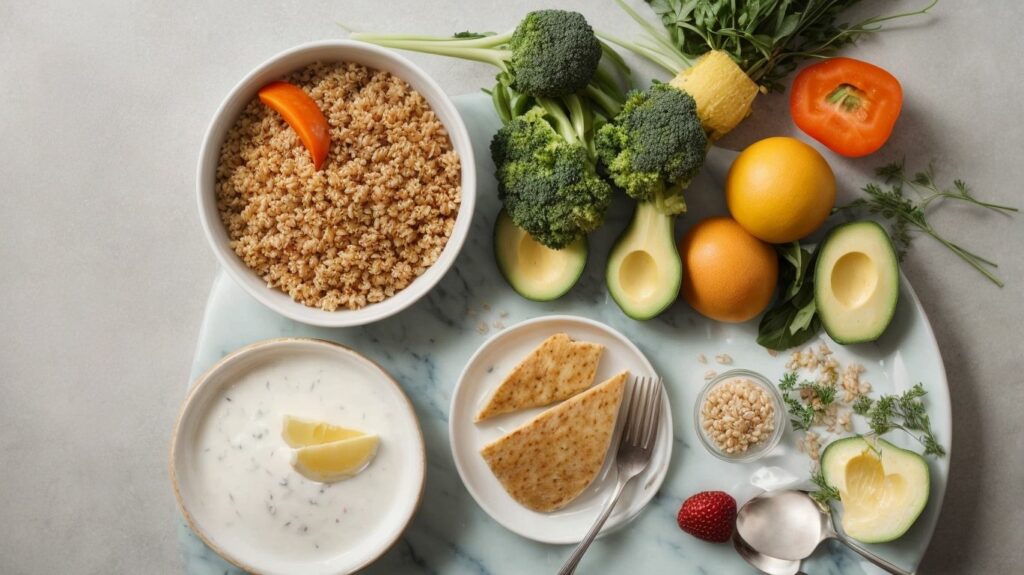

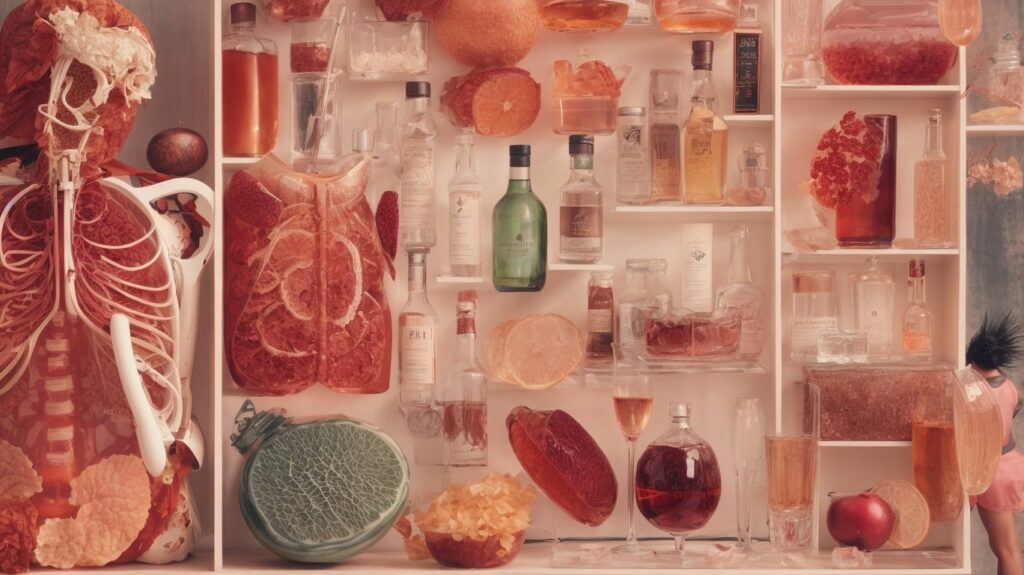





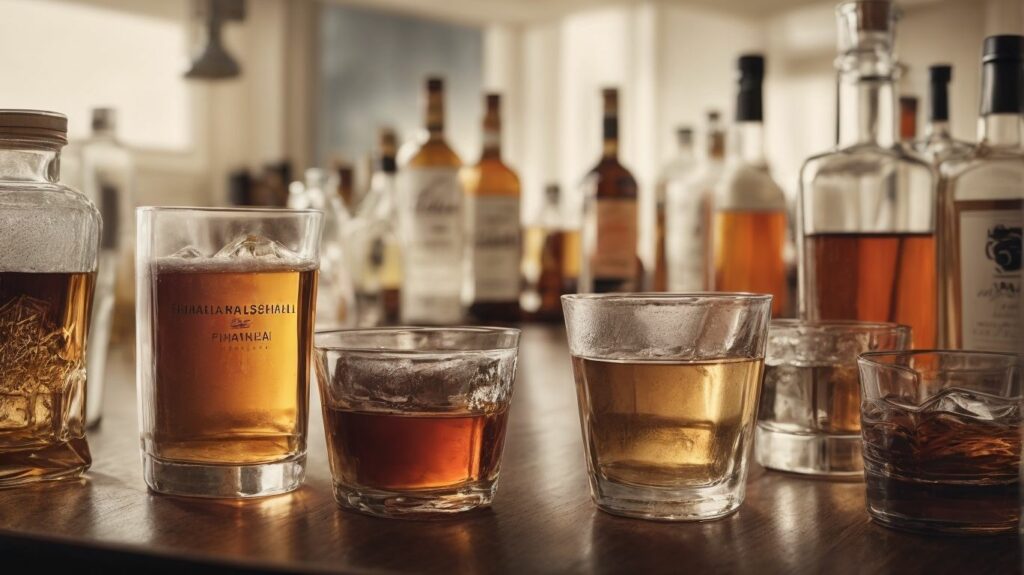





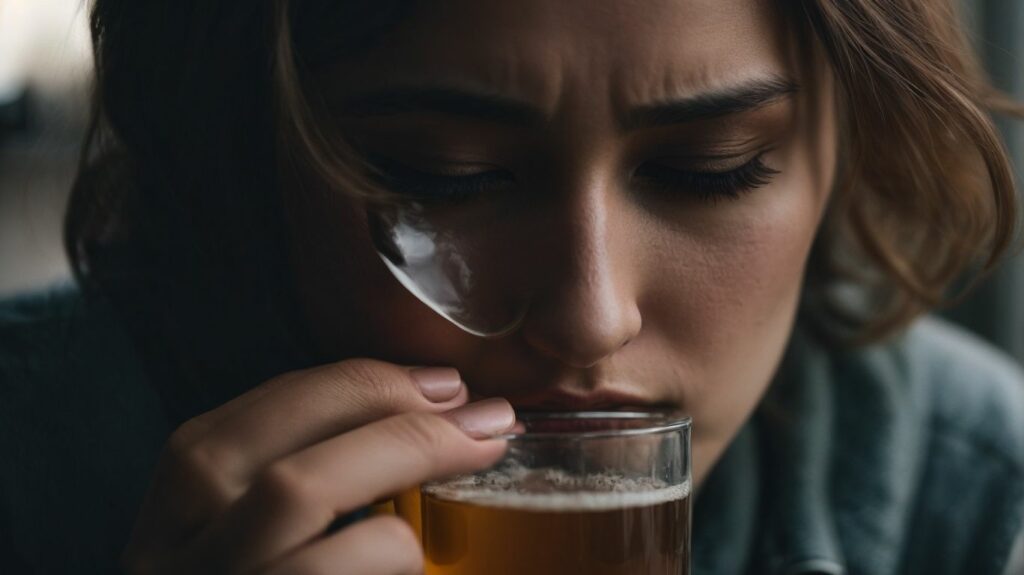







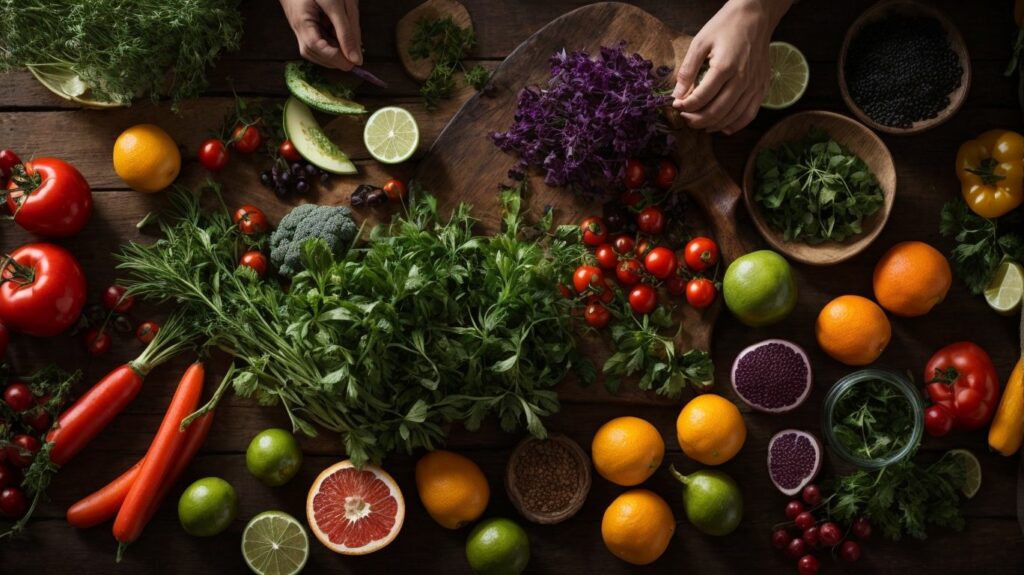


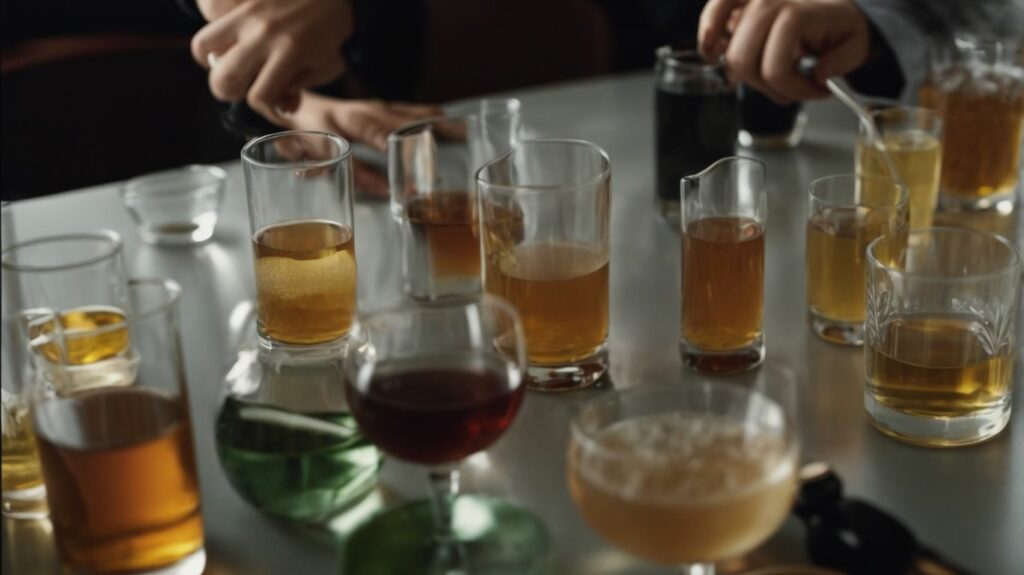


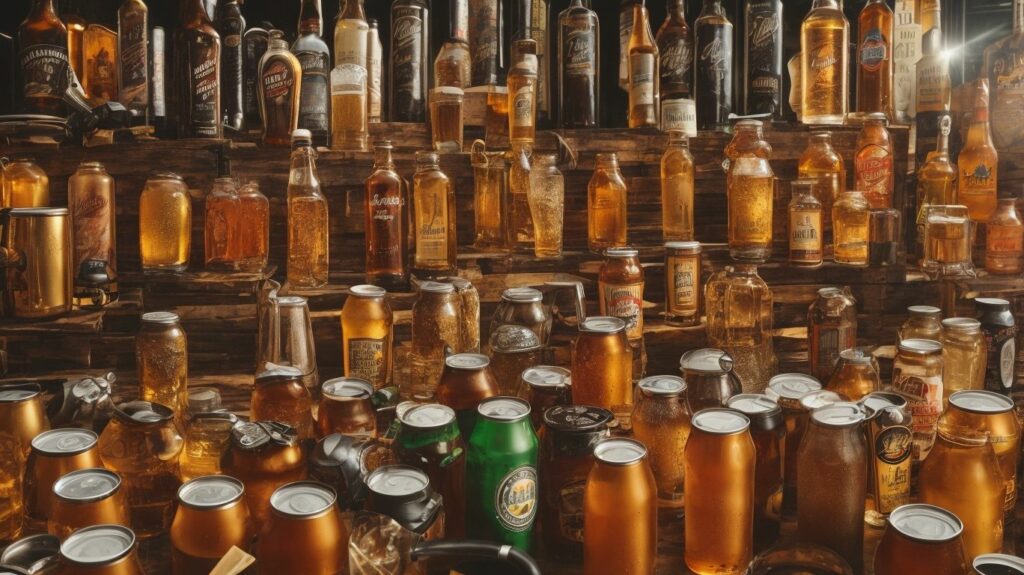






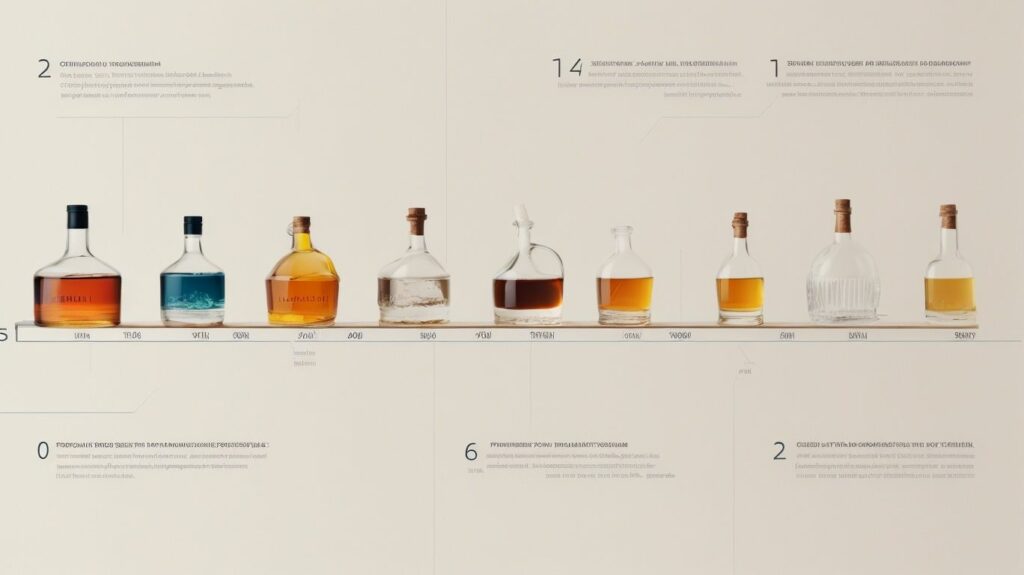

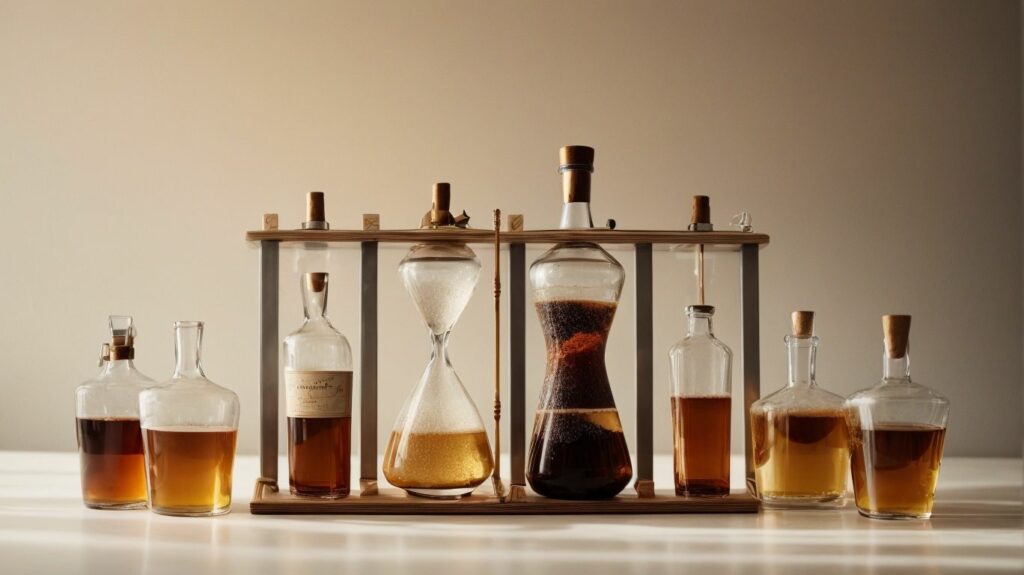


















































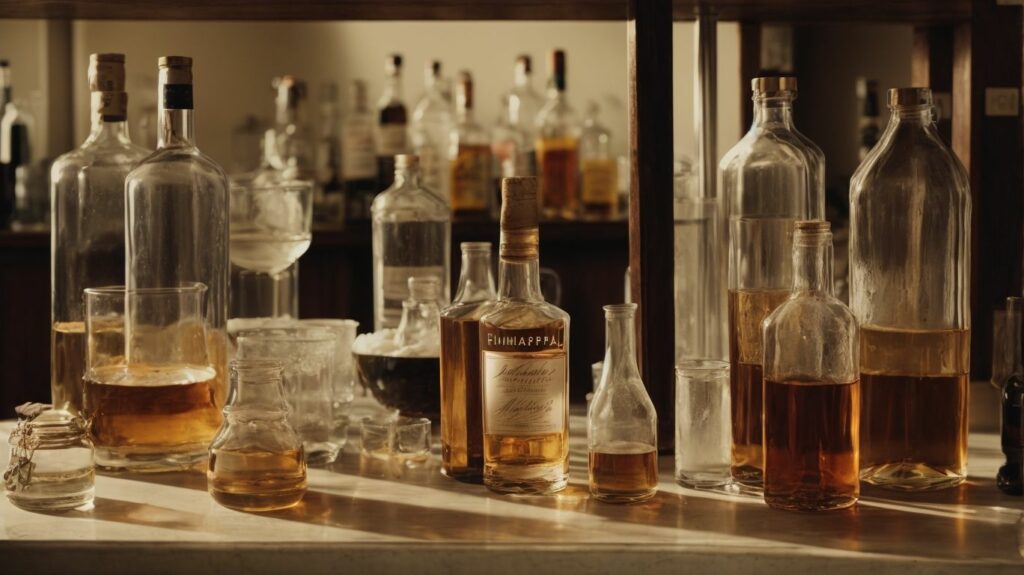






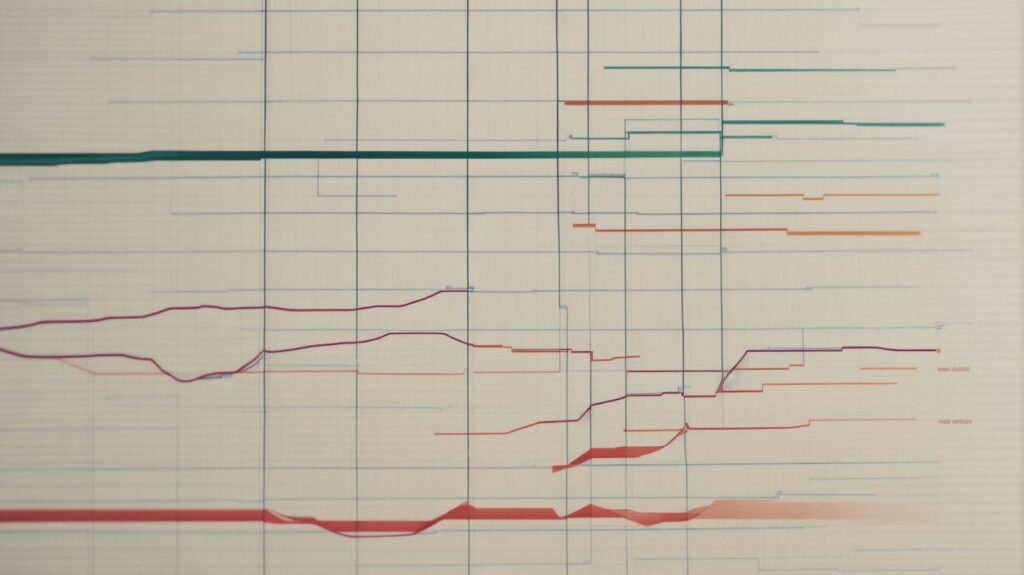





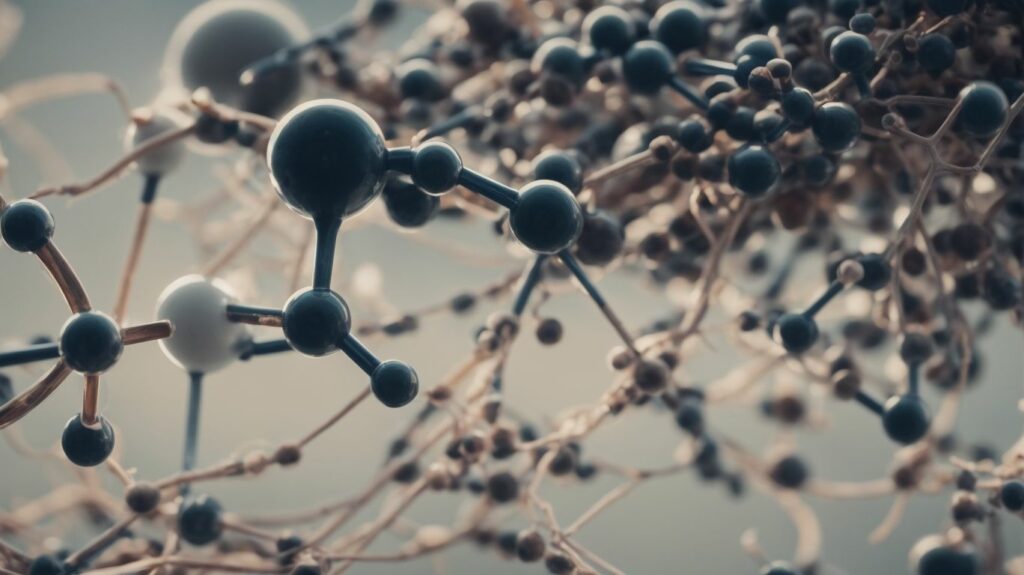






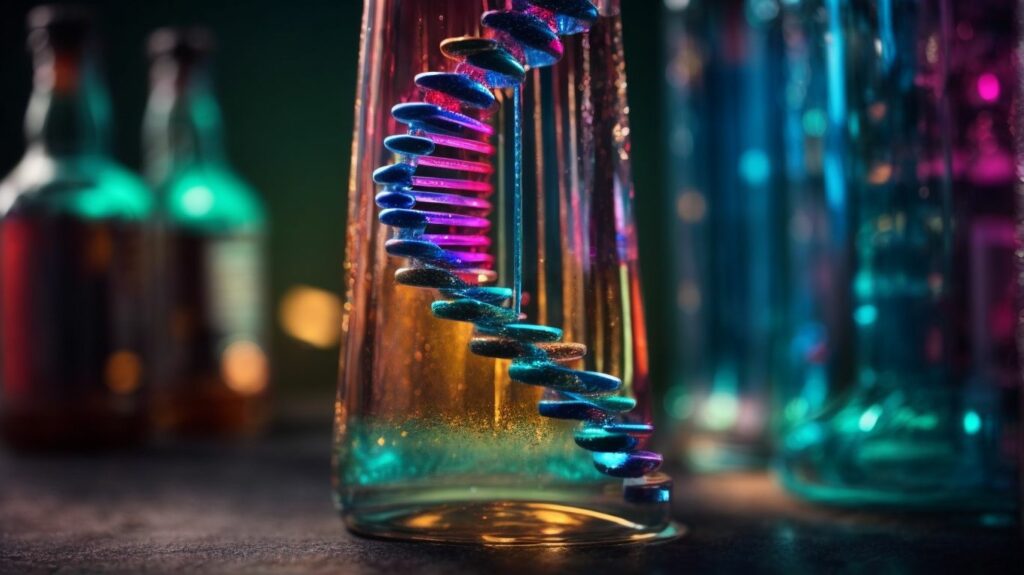












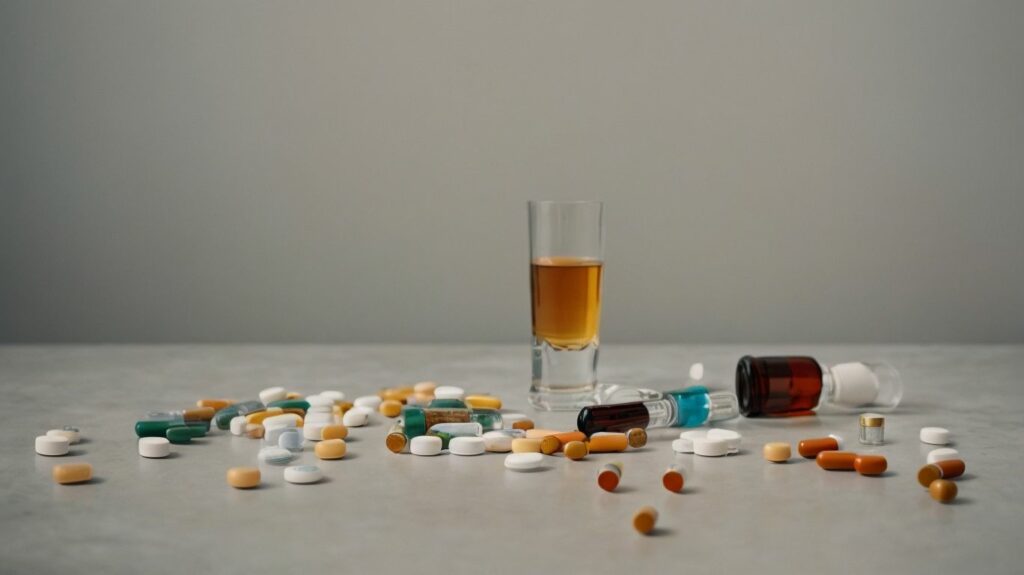




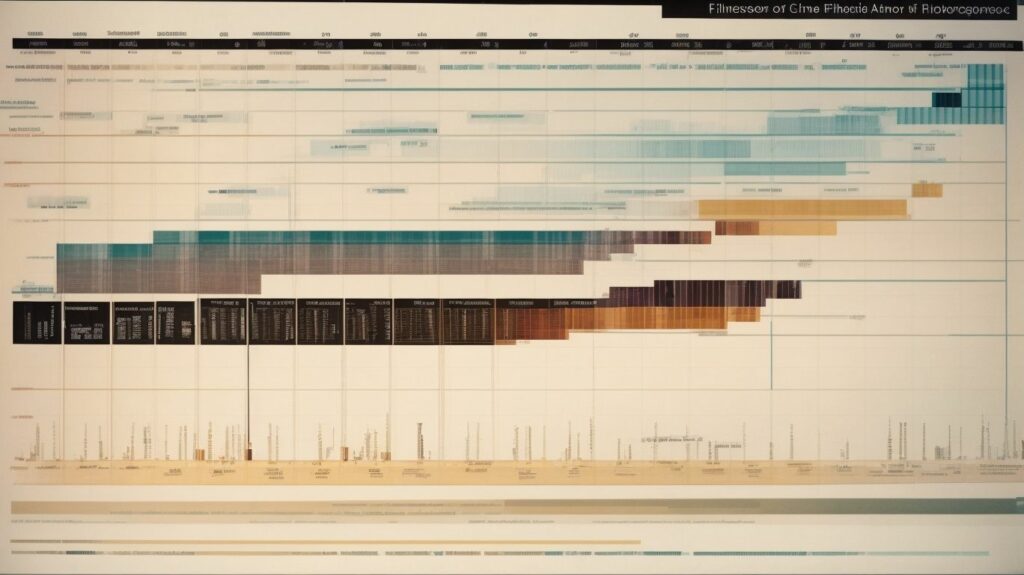






We Aim To Reply To All Enquiries With-in 24-Hours